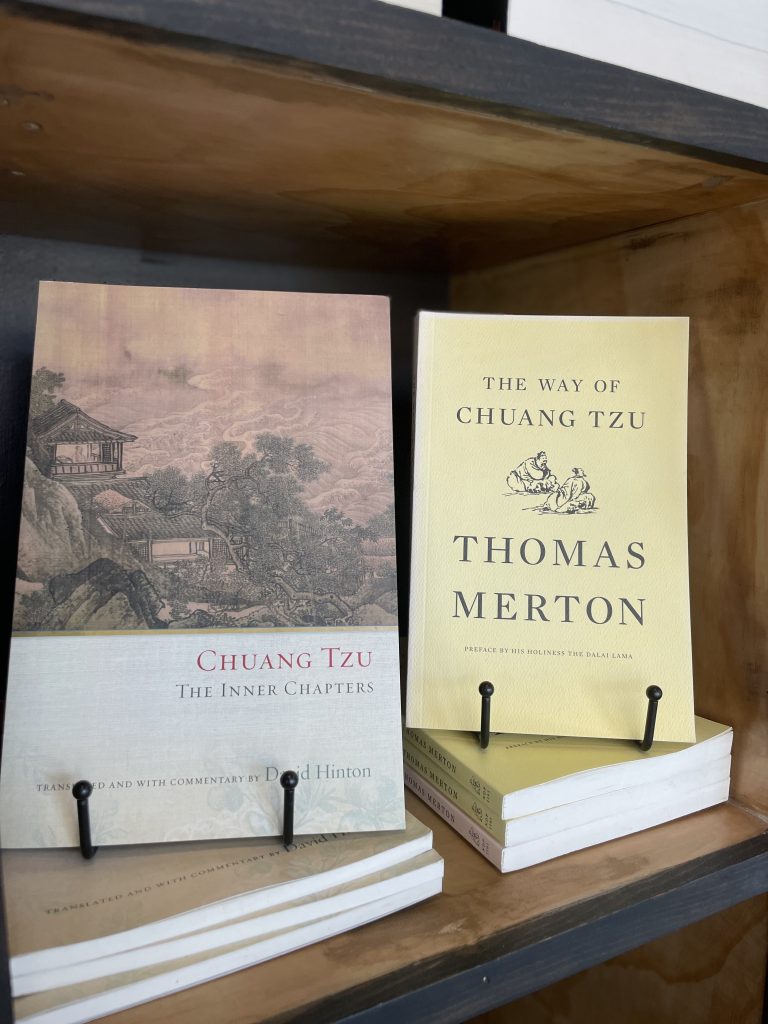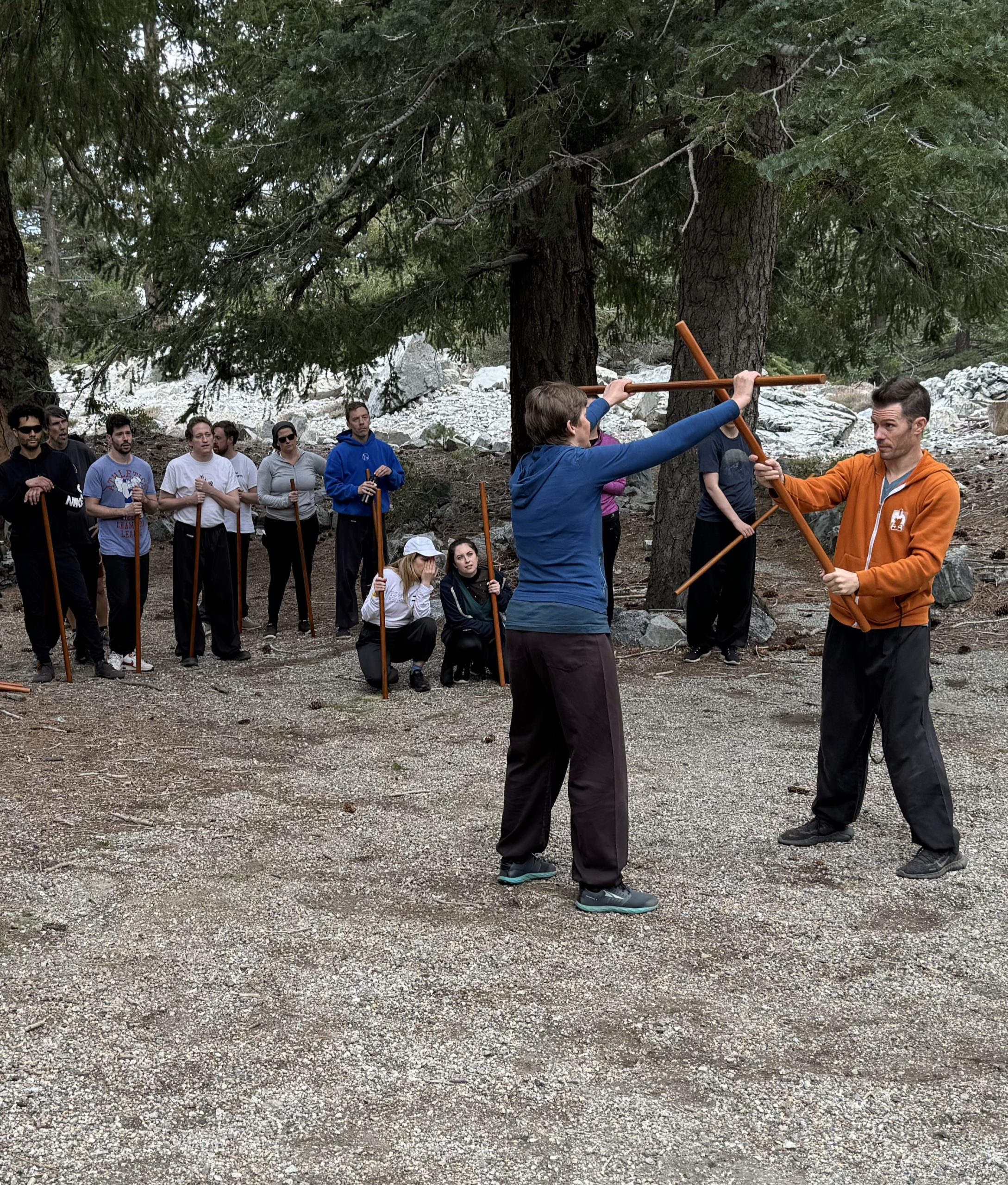
Creating an empowering context is a crucial skill. Empowering context is basically shifting your mindset so that you get energy from a given situation and you can flow creatively to meet challenges. An example of an empowering context we talk about all the time in martial arts is to treat challenges like opportunities. When someone throws a punch in kung fu or tries to sweep you in BJJ, this is an opportunity to counter. You can use your partner’s energy to create a better situation for yourself.
I got the idea for this blog while taking care of Alora late late last night. She was quite upset and crying and my initial reaction was to get a bit annoyed. I was tired. Then I was reminded of what Grace’s parents keep telling us, which is that when a baby cries it’s a good thing. It’s the only way she knows how to communicate, so she’s just telling me something. If she wasn’t crying, she wouldn’t be communicating with me, and it’s about 13 years too early for my daughter to not be talking to me. So crying = communication is an empowering context.
After she cried for a while, she spat up. She spat up several times. At first, I was unhappy that Alora was spitting up. We had just spent so much time getting her to swallow all that milk. Then she pooped while I was trying to clean her spit up. Then she pooped again literally 5 seconds after I changed her diaper. I had to remind myself of another empowering context from Grace’s mom who is a pediatric gastrointestinologist. Every time we talk about vomiting or food poisoning or something related (which is often), she reminds me that it’s “better out than in”. If our body is trying to get rid of something, that means it would be worse if it stayed in our body. It’s a stretch to say I now always have an empowering context around all the bodily functions of my baby, but I’m working on it.
Creating an empowering context requires a new perspective. Experience and wisdom are quite helpful here. If you find it difficult, remind yourself that this is a yet another helpful experience that will lead to wisdom and perspective. That’s an empowering context for creating an empowering context. Got it?
A great example of this idea of perspective from experience is a story I most recently read in the children’s book Zen Shorts. You’ll recognize the story as an adaptation from a version in Zen Flesh, Zen Bones that I refer to often.
The Farmer’s Luck
There was once an old farmer who had worked his crops for many years. One day, his horse ran away. Upon hearing the news, his neighbors came to visit.
“Such bad luck,” they said sympathetically.
“Maybe,” the farmer replied.
The next morning the horse returned, bringing with it two other wild horses.
“Such good luck!” the neighbors exclaimed.
“Maybe,” replied the farmer.
The following day, his son tried to ride one of the untamed horses, was thrown off, and broke his leg. Again, the neighbors came to offer their sympathy on his misfortune.
“Such bad luck,” they said.
“Maybe,” answered the farmer.
The day after that, military officials came to the village to draft young men to fight in a war. Seeing that the son’s leg was broken, they passed him by.
“Such good luck!” cried the neighbors.
“Maybe,” said the farmer.
The farmer has seen some stuff before this week, and he’ll see some more next week. His perspective allows him to be unperturbed by this series of events. The farmer also probably knows there’s no such thing as luck. Rather, the idea of luck is what we might call a disempowering context. In the version I usually tell, the farmer responds to each event with, “Good news, bad news, who knows?” We cannot tell what is to come, but we can guarantee that what seems good has some ill effect, and what seems bad has some positive effect. So it’s best to carry on powerfully.


